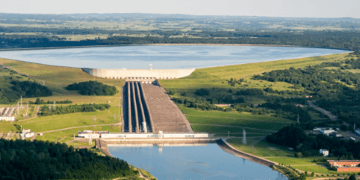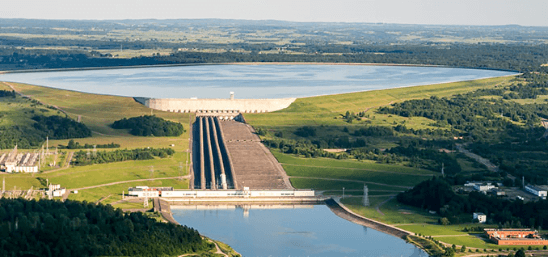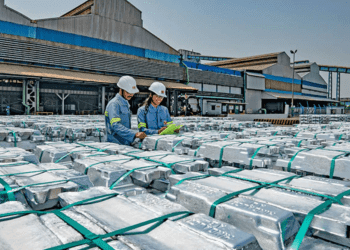DBT Bureau
Pune, 22 Sep 2024
In a landmark step towards realizing India’s renewable energy goals, the Central Electricity Authority (CEA) is making significant strides in addressing the growing need for large-scale energy storage in the nation’s power grid.
In line with its commitment to ensuring a sustainable energy future, CEA has achieved another major milestone by concurring two more Pumped Storage Projects (PSPs) in Maharashtra viz. 1500 MW Bhavali PSP being developed by JSW Energy Ltd. and 1000 MW Bhivpuri PSP being developed by Tata Power Co. Ltd.
The project developers of these PSPs have indicated that they will fast-track the commissioning and complete them in 44 to 46 months i.e. by 2028. These PSPs will collectively provide a storage capacity of more than 15 GWh (Gigawatt hours). This large-scale energy storage is crucial for meeting the peak demand during non-solar hours in addition to inertia to the grid, leading to grid stability. It will help in faster renewable energy integration, and support the transition to a greener energy system.
CEA targets to concur at least two PSPs each month during the current year depending upon the completion of the DPRs by the developers. During 2024-25, CEA has targeted to concur 15 Hydro PSPs of 25,500 MW capacity, out of this 4 PSPs of 5,100 MW capacity have already been concurred.
The CEA has launched the online portal “Jalvi-store” to enhance transparency in processing chapters at the pre-DPR stage of PSPs, simplifying procedures by eliminating some chapters to expedite DPR concurrence. A checklist included in the PSP guidelines clarifies the necessary information for each chapter, while GSI and CWC have formed multiple teams to expedite the clearance of design chapters. This initiative highlights the increasing involvement of private developers in India’s energy transition, fostering a collaborative ecosystem that unites public and private sectors to meet national renewable energy goals. The CEA believes these projects will significantly enhance the reliability and sustainability of India’s electricity grid, contributing to a robust and resilient energy future.





















